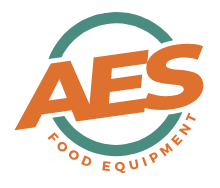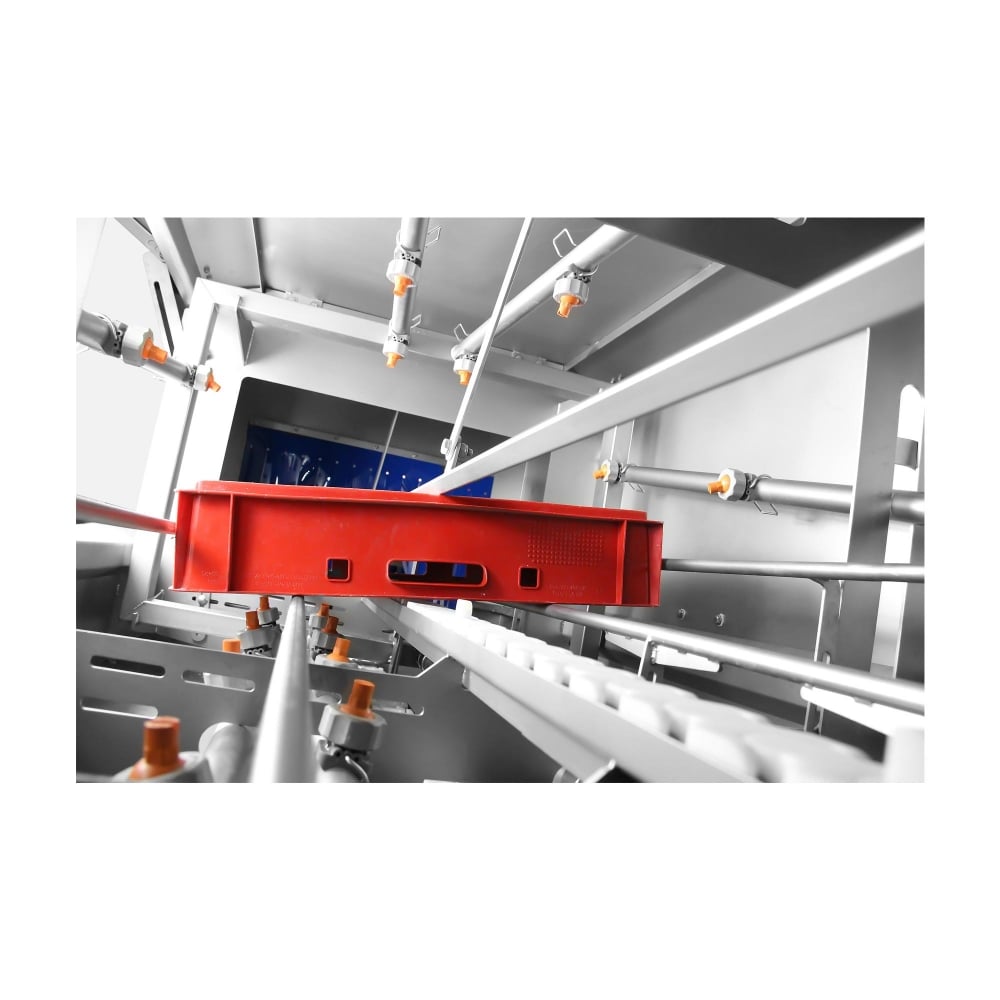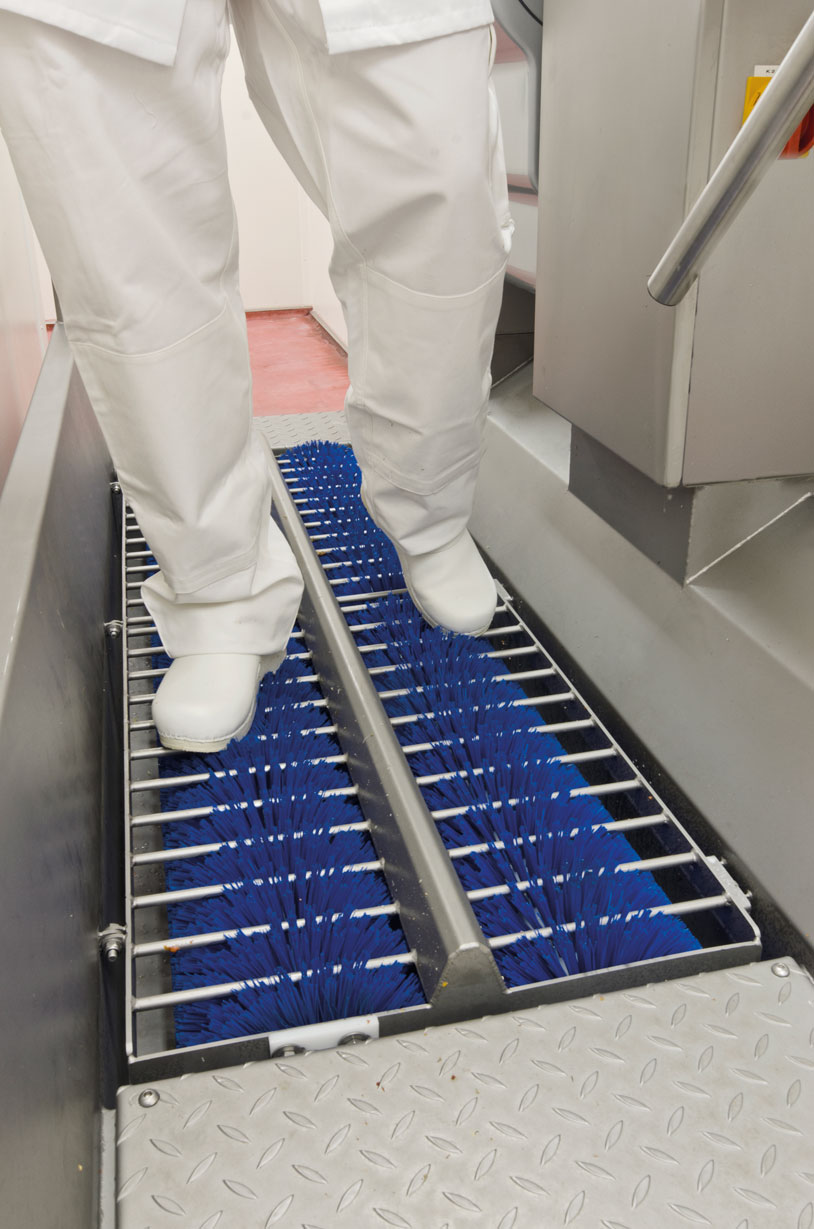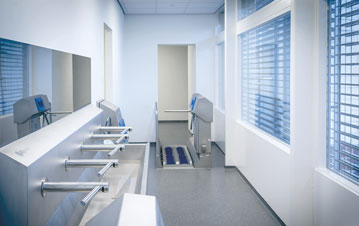How to Build a Hygiene Routine with the Right Equipment
Hygiene isn’t just a box to tick for compliance—it’s the foundation of trust between food businesses and their customers. Whether you’re running a small deli or a large-scale processing plant, investing in high-quality hygiene equipment and following best practices can safeguard your reputation and products.
Step 1: Identify Critical Control Points
Every workspace has high-risk areas, and identifying these is the first step to building an effective hygiene routine. From preparation surfaces to foot traffic zones, focus on areas where cross-contamination is most likely to occur.
Step 2: Invest in Industry-Specific Hygiene Equipment
Not all tools are created equal, and using the right hygiene equipment can save you time and effort. Consider these essentials:
- Utensil Washers: Perfect for thoroughly cleaning knives, cutting boards, and other small tools.
- Euro Bin Washers: Ideal for maintaining cleanliness of large storage containers.
- Boot Wash Stations: A must-have for facilities where staff move between different zones, reducing contamination risks.
- Pallet Washers: Ensures pallets used in transport and storage remain free from contaminants.
Step 3: Establish a Cleaning Schedule
Consistency is key. Create a daily, weekly, and monthly cleaning schedule tailored to your facility’s needs. Ensure that tasks like sanitising utensils, cleaning work surfaces, and maintaining equipment are clearly outlined.
Step 4: Train Your Team on Proper Hygiene Practices
Even the best hygiene equipment can’t do the job without trained staff. Provide clear instructions on how to use the tools correctly and emphasise the importance of maintaining a clean workspace. Regular refresher courses can help reinforce these habits.
Step 5: Monitor and Maintain Your Equipment
Properly maintaining your hygiene equipment ensures it stays effective for longer. Regularly inspect machinery for wear and tear, and replace any damaged parts promptly. Clean equipment after every use to prevent buildup of grease or food residue, which can compromise performance.
Why Hygiene Equipment Matters for Your Business
Investing in reliable hygiene equipment doesn’t just simplify your cleaning processes—it protects your customers, staff, and reputation. By integrating the right tools into your daily operations, you’ll be able to confidently meet industry standards and ensure customer satisfaction every step of the way.
Explore our hygiene equipment at AES Food Equipment today.



